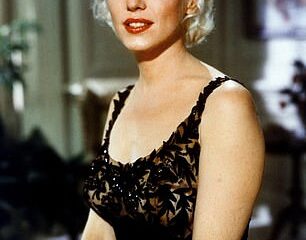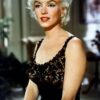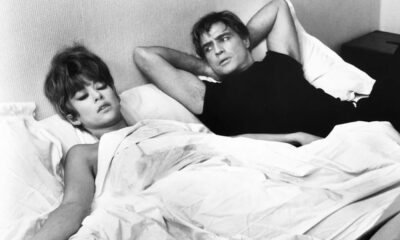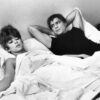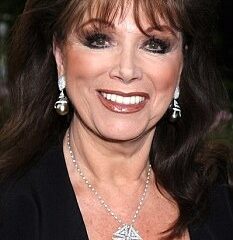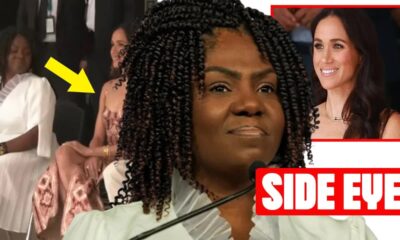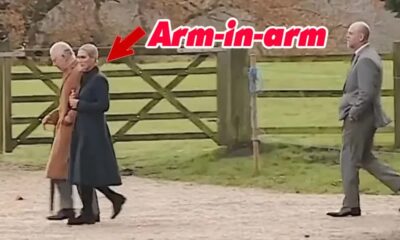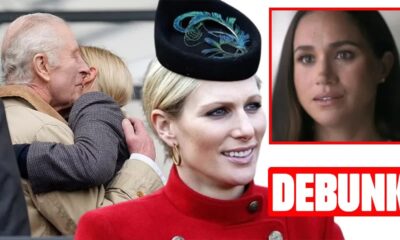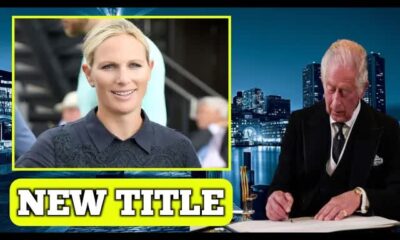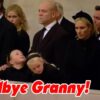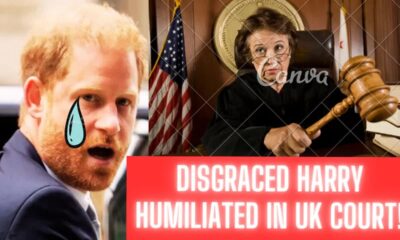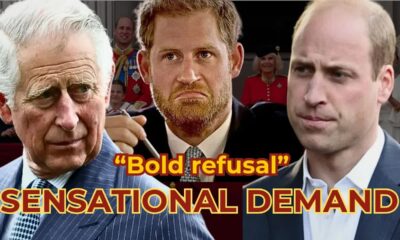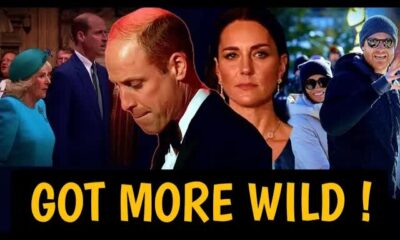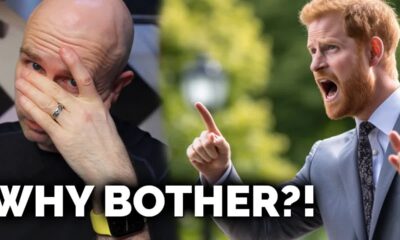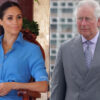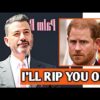All round
Marlon Brando was secretly gay
Marlon Brando was an enigmatic man, passionately committed to political causes like civil rights and the plight of Native Americans.
He was a s**ual omnivore, freely admitting to having had homosexual as well as heterosexual encounters.
He was also considered an iconoclast and an individual, having a lofty contempt for all conventions, whether cinematic, political, s**ual or moral.
He was married thrice, and involved at various times with a veritable legion of women (and men).
During the filming of A Streetcar Named Desire in 1951, David Niven caught Brando and co-star Vivien Leigh’s husband Lawrence Olivier kissing in the swimming pool.
Trending:
- Meghan Markle Steals the Spotlight Again: A Royal Engagement Gone Awry
- “Harry and Meghan’s Tense Moment: A Marriage Under Scrutiny”
- Tension Unveiled: Frances Marquez’s Discontent with Meghan Markle in Colombia
- Elton John’s Scathing Remarks Leave Meghan Markle in Tears at Music Awards
- Meghan Markle’s On-Set Outburst: A Diva in Disguise?
Niven turned his back and went back inside to join Vivien.
“I’m sure she knew what was going on, but she made no mention of it.
Nor did I.
One must be sophisticated about such matters in life,” he commented.
Despite being a royal pain in the *ss by many in the movie business, most actors who worked with him found him helpful, inspiring, and funny.
However, his on-set caprices are the stuff of legend.
Truman Capote portrayed him as a stupid ape in The New Yorker, but Brando was anything but dim.
In fact, he enjoyed baiting pinheaded studio executives with supposedly helpful suggestions.
Brando was not the first actor to lose interest in a cynical studio set-up that sucks the very marrow from a performer’s bones.
However, his talent was just a little bit more special than anyone else’s, making his appearance in anything sub-standard all the more offensive.
Now, 37-and-a-bit months after his death, the IFI Temple Bar is holding a major retrospective of his work that will last three weeks and include some of his finest films.
It started with Elia Kazan’s On The Waterfront (1954) and continues with a recent TCM documentary on his life.
Brando’s performance in Apocalypse Now as Colonel Kurtz worked, and director Francis Coppola was delighted with it.
If anyone else had played Kurtz, the audience would have felt let down.
Brando was many things, but never a provider of anti-climaxes.
When Brando signed up to play Colonel Kurtz, he agreed to certain pre-conditions.
He would “get trim, and stay in shape,” arrive on set on time, do his best to concur with the director’s wishes, and read in advance Heart of Darkness, the novella by Joseph Conrad on which the story was based.
He would be paid a million dollars for one week’s work.
Brando showed up in Thailand weighing 220 pounds and hadn’t even glanced at the first page of Conrad’s story.
Because of his weight, he had to be photographed in half-light and shadow.
Because he didn’t know the words, he improvised a stream of consciousness babble about “the horror.” Then, he shaved his head without Coppola’s knowledge because he felt it added to the character’s drama.
When Coppola asked him to stay an extra hour so he could do some more close-ups, Marlon agreed—for an extra $75,000.
Brando’s performance as Stanley Kowalski in A Streetcar Named Desire, as the bereaved and lost lover in Last Tango in Paris, and as the chillingly authoritative mafioso patriarch in The Godfather are just a few examples of his remarkable screen presence.
It is hard to think of any actor anywhere with whom he could be compared.
Perhaps Brando’s contempt for Hollywood was too corrosive, and he did squander years when he could have been putting his remarkable screen presence to use.
But just look at what he left behind.



